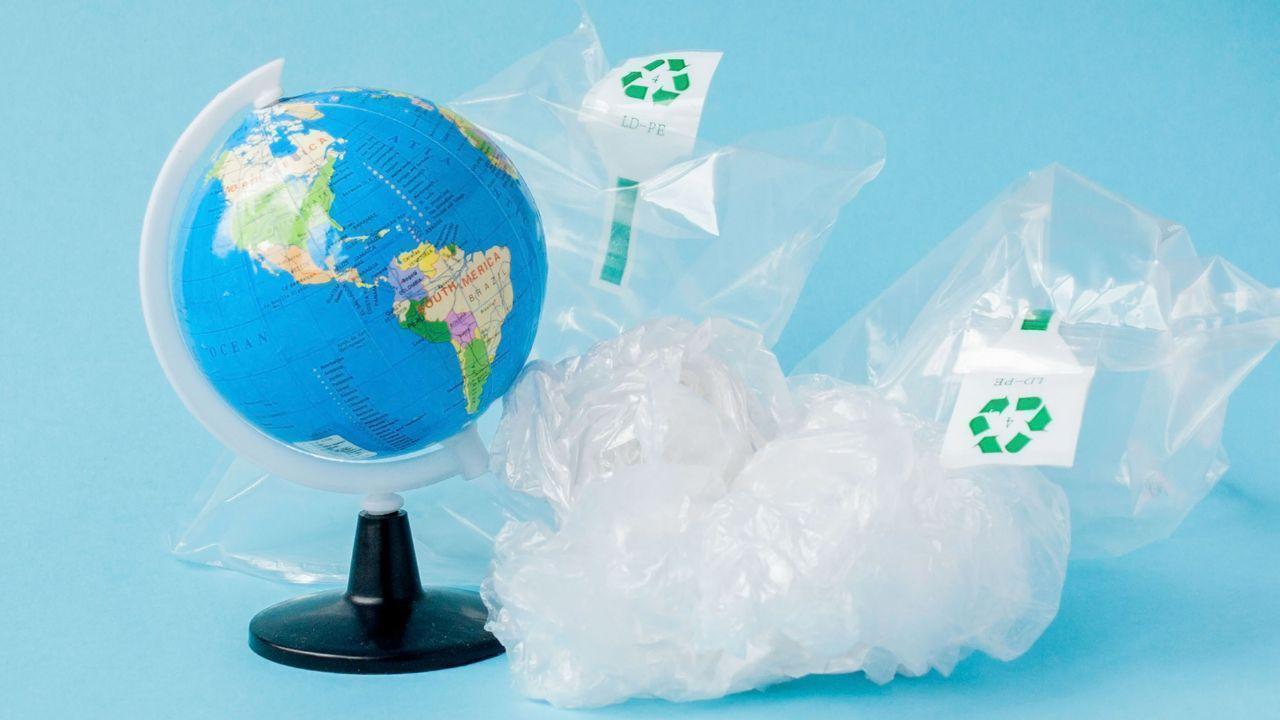
Post by : Vansh
Plastic is something we use every day. It is found in food packages, shopping bags, water bottles, and even in our clothes. But not all plastic is the same. The most harmful kind is single-use plastic—things we use only once and then throw away. These include plastic bags, straws, food wrappers, and plastic spoons or forks. They seem small, but they cause big problems for the Earth.
Every year, people around the world create more than 400 million tons of plastic waste. About half of this is single-use plastic. This is a serious problem. We must ask: Can we stop the harm caused by single-use plastic? The answer depends on how we change our habits and work together.
Single-use plastic is made for quick use and easy throw-away. But it stays in the environment for a long, long time—hundreds of years. It does not break down easily. It pollutes land, rivers, and oceans. Over time, plastic breaks into very tiny pieces called microplastics, which can get into the water we drink and the food we eat.
Animals are also hurt by plastic. Turtles eat plastic bags, thinking they are jellyfish. Birds eat plastic pieces, thinking it's food. Many animals die because plastic blocks their stomach or chokes them. Plastic can also harm people by blocking city drains, causing floods and health problems.
Most single-use plastic ends up in landfills or in the ocean. Only about 9% of all plastic made has been recycled. The rest is either burned, thrown in the trash, or left in nature. Burning plastic is bad because it releases harmful chemicals into the air. Throwing it away pollutes the land and water.
Plastic thrown in rivers often ends up in the sea. There are now huge piles of plastic floating in the ocean. One of them, called the Great Pacific Garbage Patch, is twice the size of Texas. Experts say that if we don’t act now, by 2050, there could be more plastic than fish in the ocean.
Many governments are starting to take action. Countries like India, Kenya, and Rwanda have banned some single-use plastic items. The European Union has made rules to stop the use of plastic straws, plates, and forks. The UAE has also banned plastic bags and is asking people to use reusable ones.
These steps are good, but rules only work if they are followed. Governments also need to build better recycling systems and help make eco-friendly products cheaper and easier to find.
Many businesses are helping too. They are using biodegradable packaging, offering reusable containers, and letting customers bring their own bags and bottles. Some shops are cutting down on plastic and letting people buy in bulk.
New companies are making plastic alternatives like bags made from plants, paper, or even seaweed. These new options may cost more now, but prices will go down as more people start using them.
The fight against plastic is not only for big companies or governments—it starts with you. Here are a few simple things you can do:
Say no to single-use items. Use reusable bags, bottles, and straws.
Buy items with less packaging.
Support brands that care for the environment.
Sort and recycle your waste.
Join clean-up drives to help remove plastic from parks, streets, and beaches.
Small changes in your daily life can help a lot. If millions of people do small things, it becomes a big change for the planet.
Education is very important. Schools, social media, and public talks can help people understand why plastic pollution is bad and how to stop it. Kids can be strong voices for change. When they learn to protect nature, they help their families and friends do the same.
Groups and governments can also run awareness campaigns to show people the harm of plastic and teach better habits.
Yes—we can stop the damage caused by single-use plastic. But it will take time, teamwork, and smart choices. We need strong laws, smart products, better recycling, and a new way of thinking about what we use.
It’s not just about saying no to one plastic straw. It’s about choosing a life that respects nature.
The Earth is our only home. Let’s treat it with care—and use less plastic, together.
The information provided in this article is for general awareness and educational purposes only. While every effort has been made to ensure accuracy, readers are advised to verify details with official sources when necessary. MiddleEastBulletin is not responsible for any actions taken based on this content

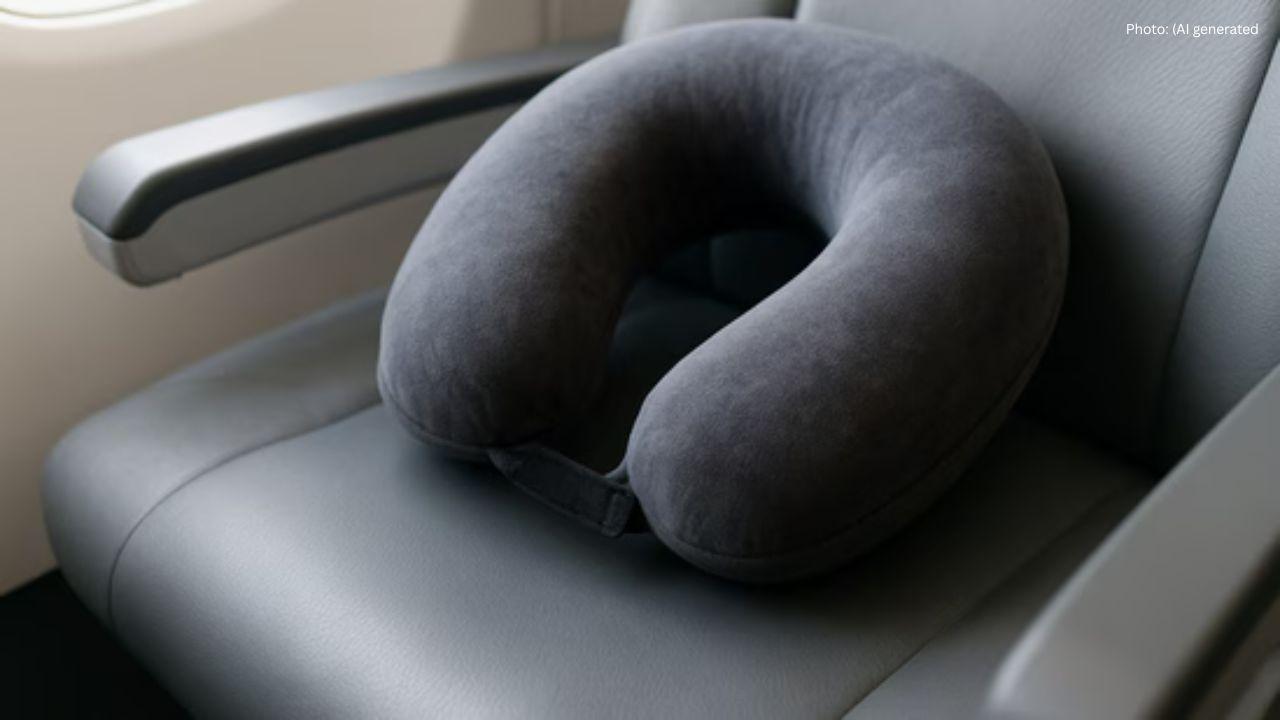
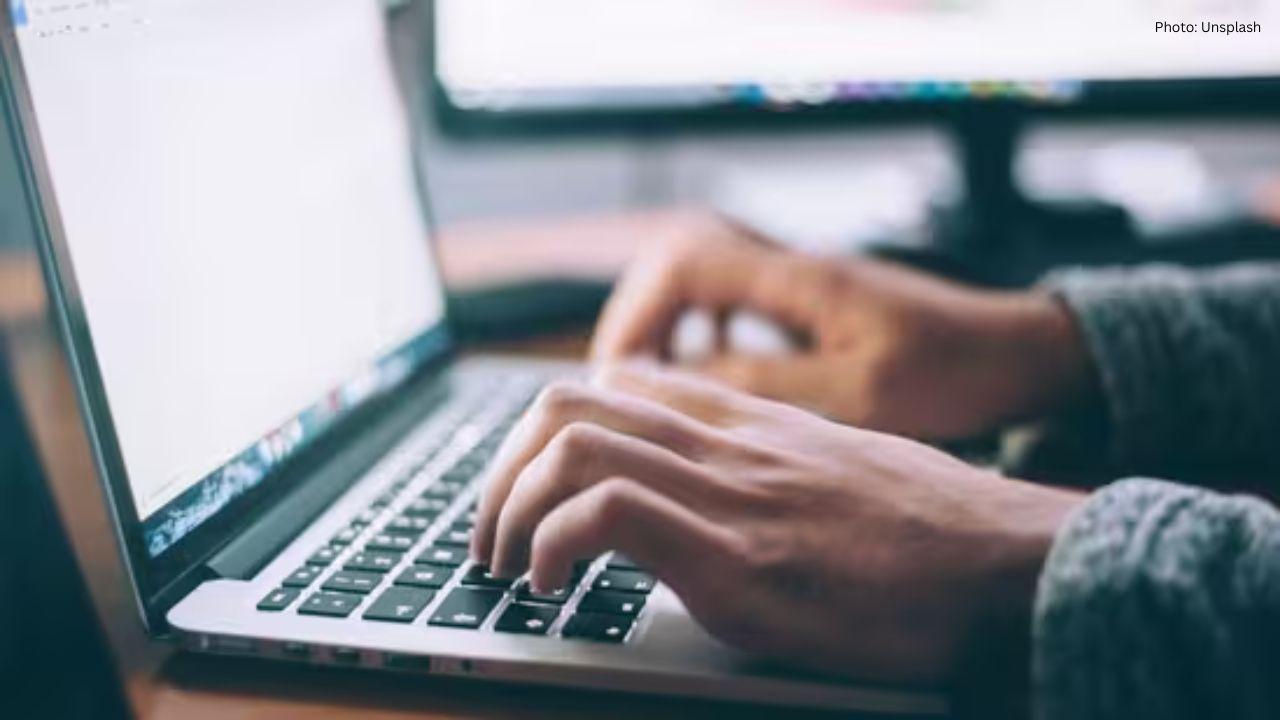



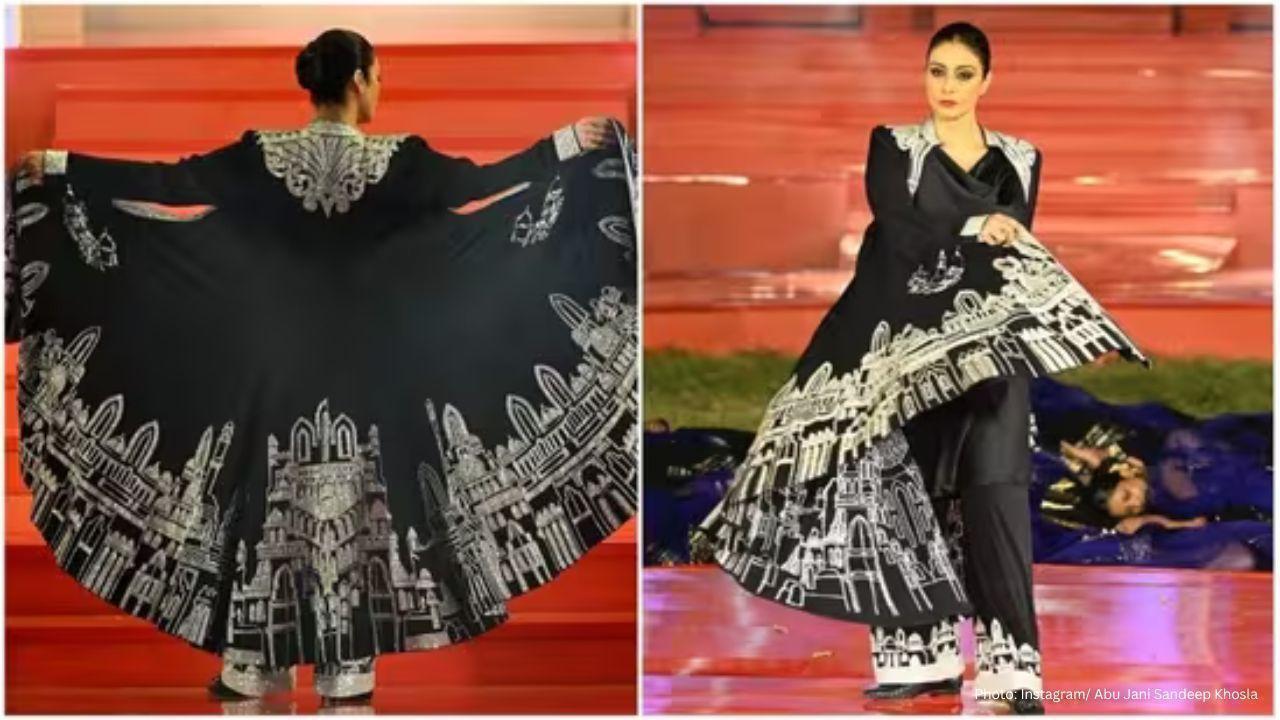
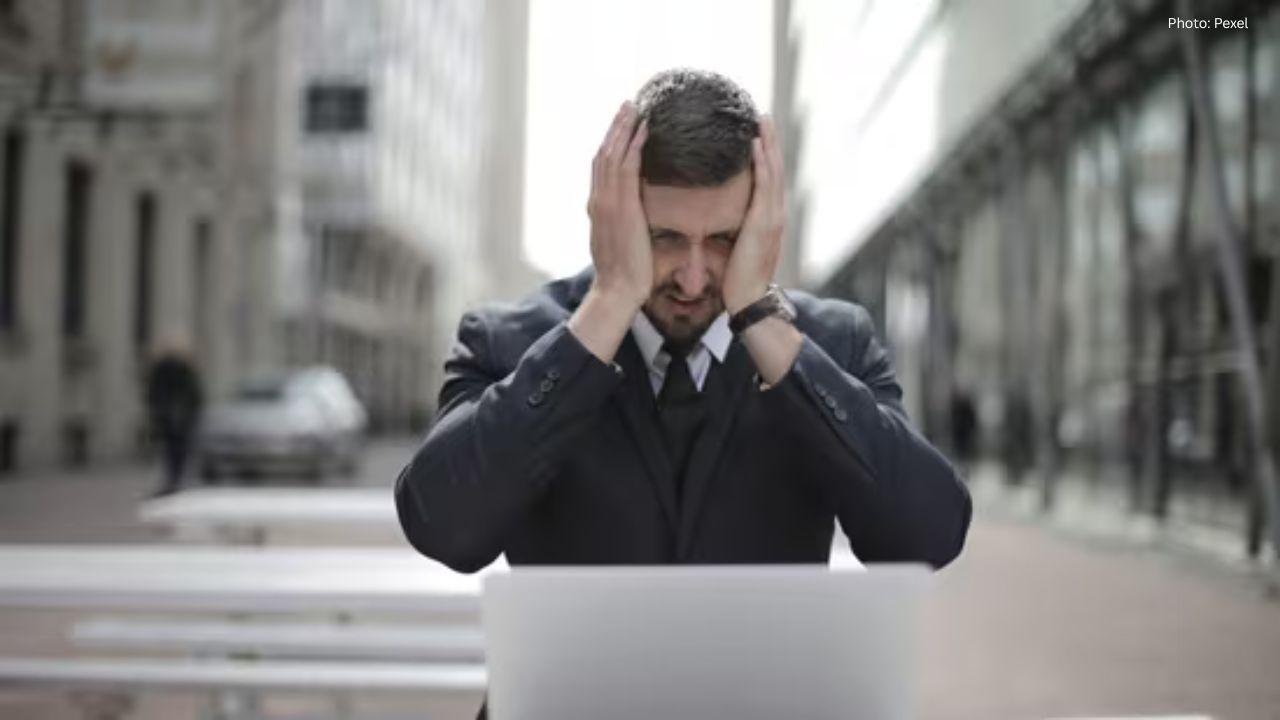
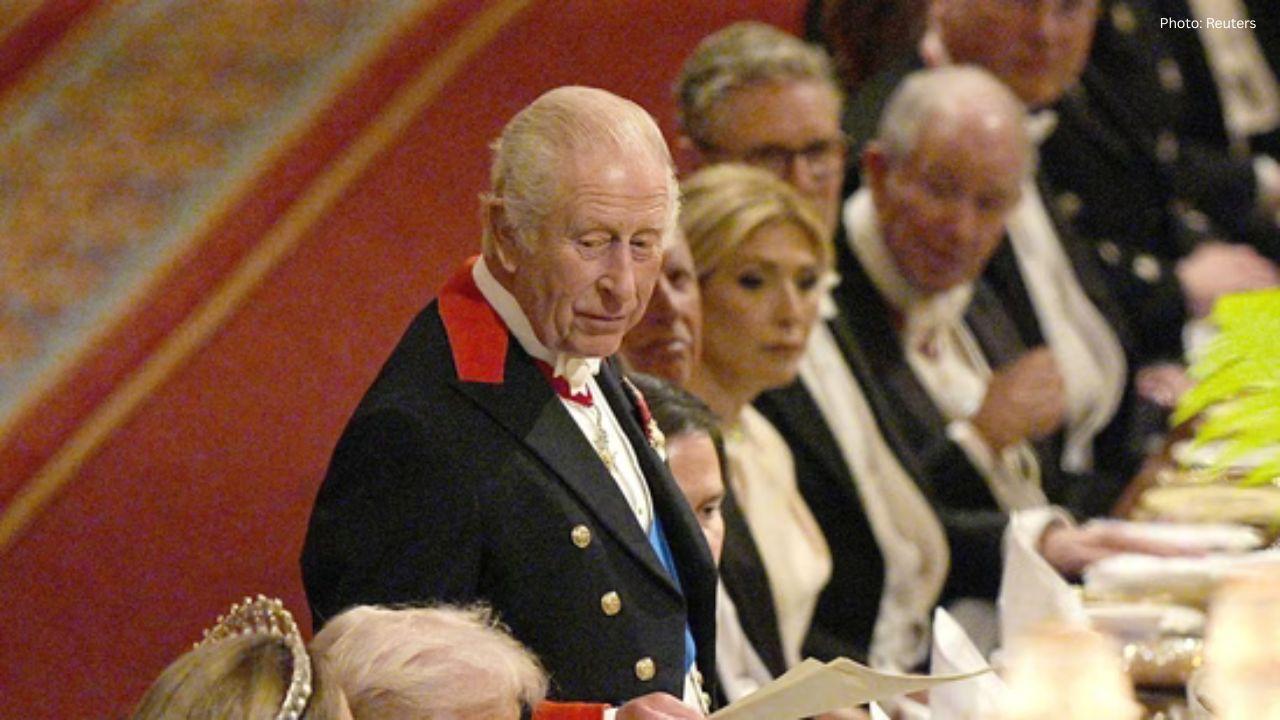

Indian Men's Recurve Team Clinches First Asian Gold in Nearly Two Decades
The Indian men's recurve team triumphed over South Korea, securing their first Asian gold in 18 year

Kolkata Knight Riders Hire Tim Southee as Bowling Coach for IPL 2026
KKR welcomes Tim Southee as their new bowling coach for IPL 2026, aiming to enhance their bowling st
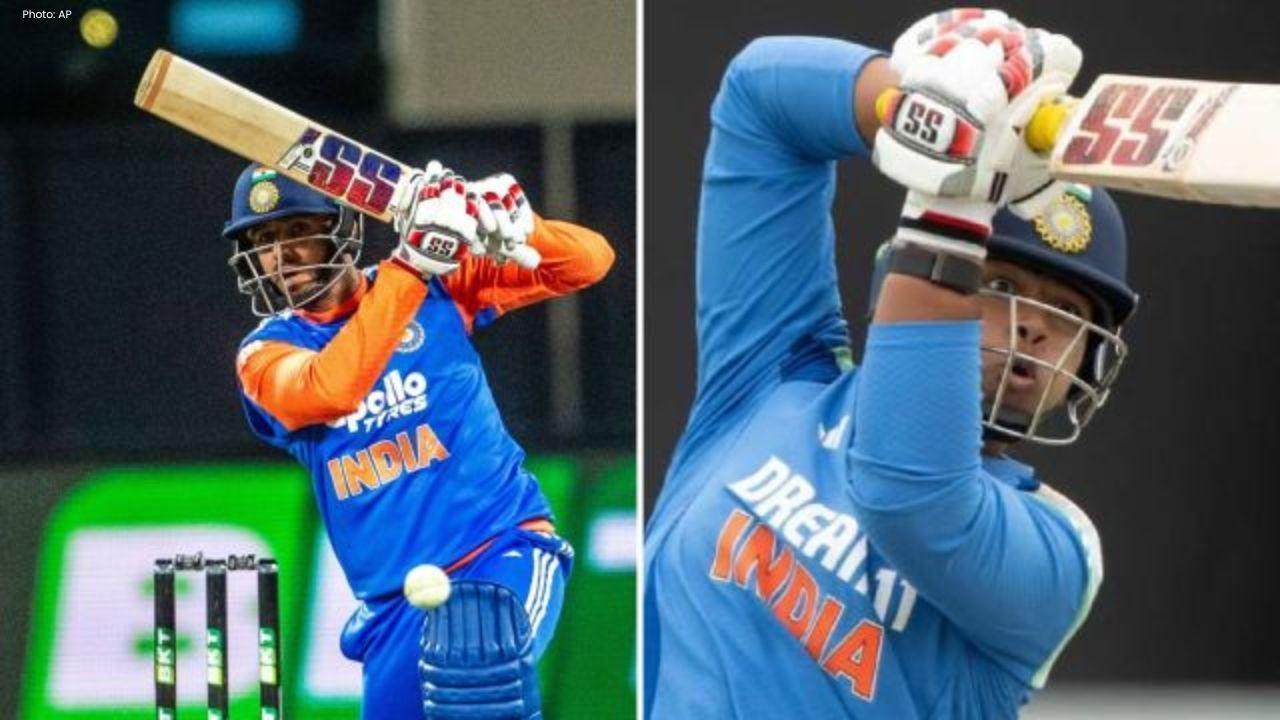
Young Indian Talents Gear Up for Asia Cup Rising Stars 2025
India A is set to start the Asia Cup Rising Stars 2025 with promising talents like Suryavanshi and A

Mumbai Indians Bolster Their Roster with Rutherford and Thakur for IPL 2026
Mumbai Indians reinforce their squad by signing Sherfane Rutherford and Shardul Thakur, enhancing th
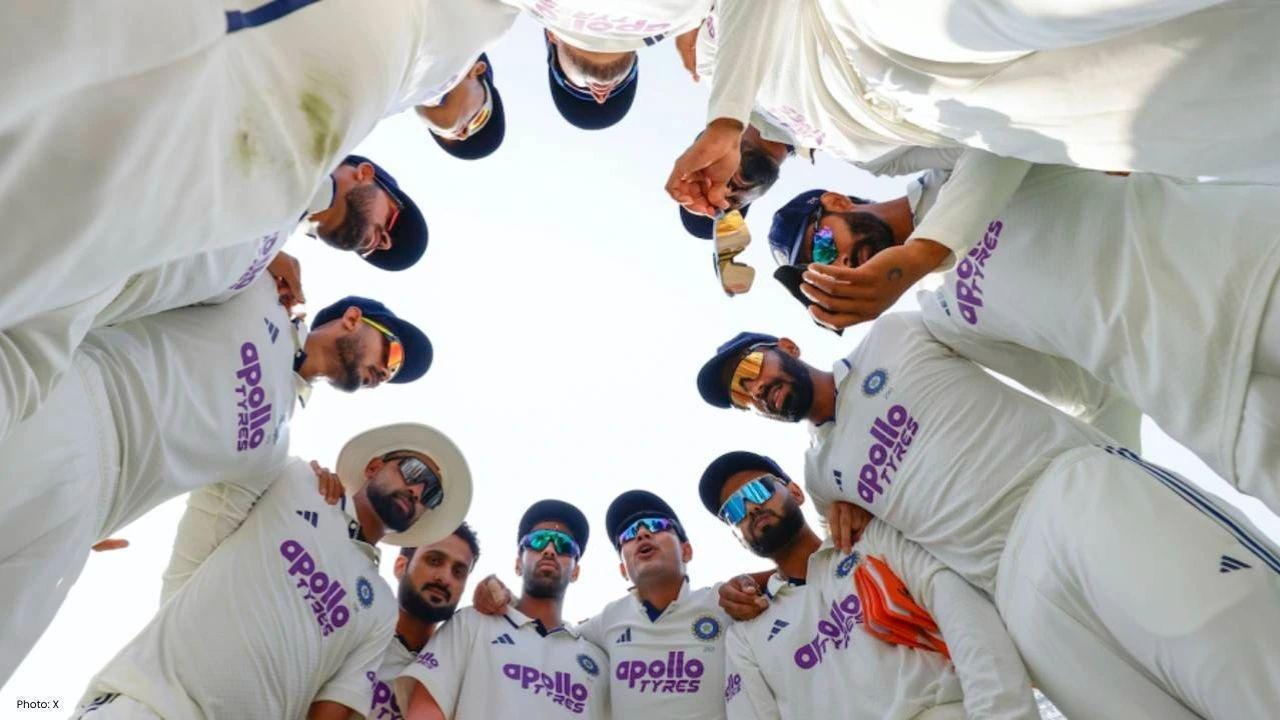
Bumrah's Brilliant Spell Leads India to Bowl Out South Africa for 159 in First Test
India's Jasprit Bumrah shines with 5 wickets as South Africa collapses to 159 on Day 1 of the Test a

Bangladesh Secures Commanding Innings Victory Over Ireland in Sylhet
In Sylhet, Bangladesh defeated Ireland by an innings and 47 runs, showcasing exceptional batting and